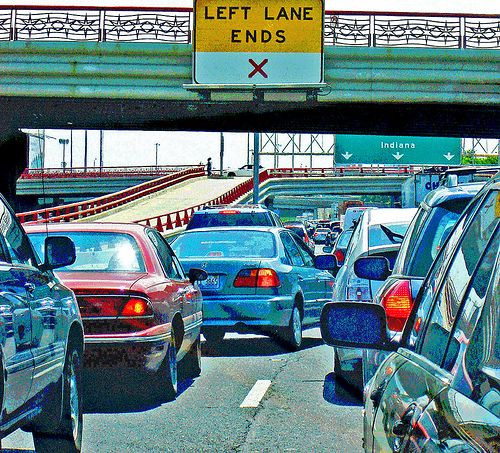Car, Public Transport Commutes Show Links to Ill Health

Commuting by car or public transportation is associated with ill health compared to walking or cycling also known as active commuting, as sleep quality, exhaustion and every day stress were evaluated in a new study.
Lund University researchers looked 21,000 people aged between 18 and 65, who worked more than 30 hours a week, commuted by car, train or bus and also active commuters who commuted by walking or cycling. The study was published in BioMed Central's open access journal BMC Public Health.
Americans on average commuted 25.3 minutes to work. The percentage that drove to work alone averaged 76.6 percent. Only 4.9 percent take public transportation, 2.8 percent commuted by walking or bicycling according to the U.S Census Bureau's American Community Survey (ACS) 2010.
"Generally car and public transport users suffered more everyday stress, poorer sleep quality, exhaustion and, on a seven point scale, felt that they struggled with their health compared to the active commuters,” said Erik Hanson, a Faculty of Medicine at Lund University.
"Car drivers who commuted 30 – 60 minutes experienced worse health than those whose journey lasted more than one hour, he said”
He said more research was needed to learn exactly how commuting is related to the ill health observed in order to readdress the balance between economic needs, health, and the costs of working days lost.



























